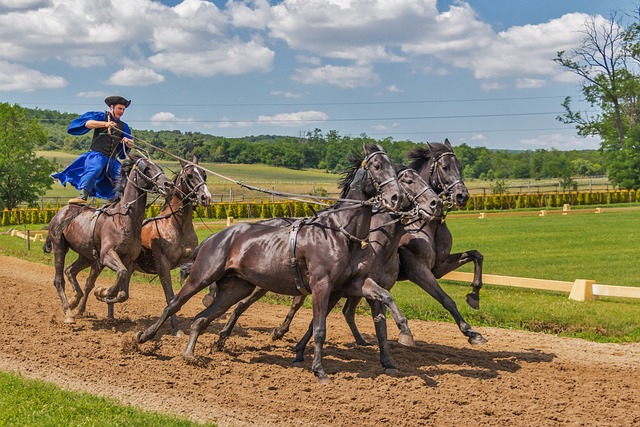Between the bright lights and the clamor of betting, the dark figures of probability calculators hide, true architects of the fortunes and misfortunes of others. These shadow statisticians, with their mathematical wisdom, weave the destinies of players with an almost divine coldness. If you are curious to test the odds, a door to this hidden world, where every number is a promise of possibility.
Blaise Pascal: The Visionary of the 17th Century
In the echo of the centuries, the deeds of Blaise Pascal resonate as a foundation of the thought of risk. Together with Pierre de Fermat, Pascal laid the foundations of probability theory, originally conceived to solve a gambling dilemma in 1654. From a simple discussion of how to divide the winnings of an interrupted game, a new branch of mathematics was born, changing the way the world would perceive chance and luck.
John Larry Kelly Jr.: The Forgotten Genius of the 1950s

In 1956, a researcher named John Larry Kelly Jr. formulated what is now known as the Kelly criterion, a betting strategy that aims to optimize the use of capital. Although his work was intended for transmitting telephone signals, gamblers quickly discovered that his theories could be applied perfectly to improving their odds. Kelly not only influenced gambling, but also provided crucial tools for financial management and information theory.
Charles McNeil: The Inventor of the Point Spread
In the 1940s, a Chicago mathematician and bookmaker named Charles McNeil revolutionized sports betting with the introduction of the point spread. Before McNeil, betting was simple: you bet on who would win or lose. But McNeil introduced a system that leveled the playing field, allowing bettors to bet not just on who would win, but on how big they would win or lose, adding a layer of strategic sophistication to the world of sports betting.
The Psychology of Probability: Beyond the Numbers

But what happens when math meets the human mind? Bookmakers aren’t just statisticians; they’re also astute psychologists. They have to anticipate not just sporting events, but also the emotional reactions of bettors. For example, high-impact events like the Super Bowl or the World Cup often evoke irrational betting behaviors, driven more by the heart than by the analytical mind.
Each odd, then, is not just a cold calculation, but a delicate balance between predictive statistics and collective psychology, an intricate dance that tries to balance passion with precision.
The future of betting: algorithms and AI
In the digital age, the future of bookmakers seems to point increasingly towards artificial intelligence and advanced algorithms. These technologies promise to further refine the odds, making calculations faster, more accurate and, perhaps one day, almost infallible. But even in the precision of AI, the human element remains central: uncertainty, after all, is the beating heart of every bet.
And so, in the vibrant heart of the world of betting, from the enlightened minds of Pascal and Fermat to the sophisticated algorithms of today, the game remains essentially the same: a measure of fate, risk, and hope. With online betting this ancient art meets modernity, offering anyone the opportunity to bet not only on matches, but also on themselves.